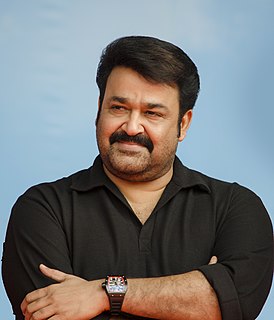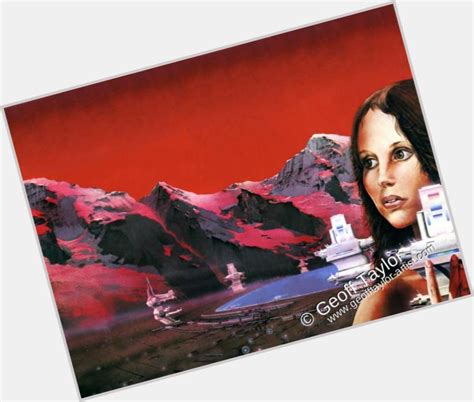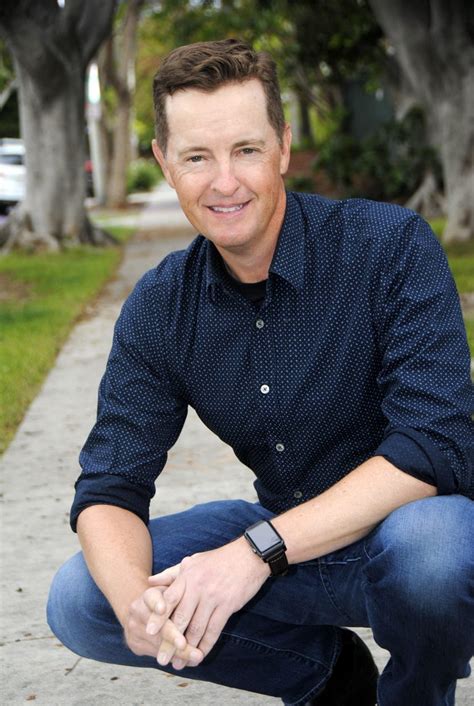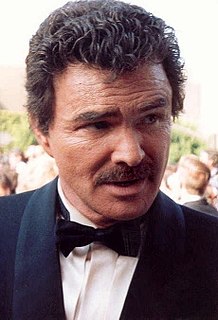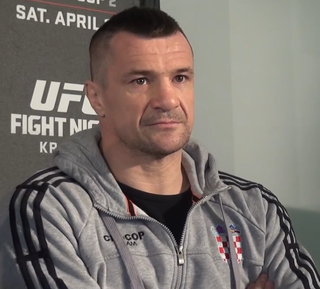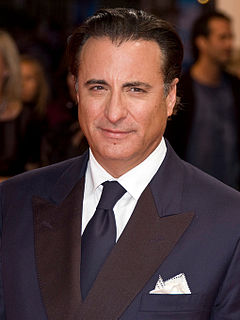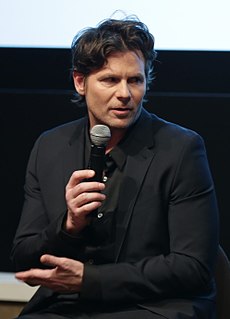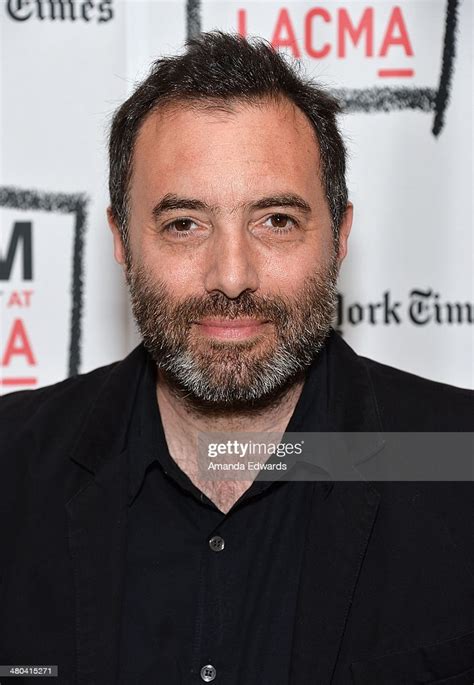A Quote by Mohanlal
It's not enough that you act in a movie - if it has to work, the audience should like it.
Related Quotes
It's basically how I choose movie roles. Would I like to see this movie? Is this movie important? Why would I do this? And Headhunters is a movie that I would like to see in the cinema. And when it's sold to 50 countries or whatever, for me it's a great deal. I make movies for an audience so if that audience grows, I feel really honoured and thankful for it.
But then when I'm in a halfway successful movie, it irritates the hell out of the critics in New York, because they'd like to kill my pictures if they could. So maybe I'm pretty good in the movie. Then they use all these words like I'm 'surprisingly' good, or 'shockingly enough,' I'm good. It's like I crawled out from under a magazine and they're surprised I can act.
A good score should have a point of view all of its own. It should transcend all that has gone before, stand on its own two feet and still serve the movie. A great soundtrack is all about communicating with the audience, but we all try to bring something extra to the movie that is not entirely evident on screen.
Christian audience, I think, have grown very tired of movies that try to pander to them. For instance if someone goes, "Ok, we're designing what we're going to do with this movie. It's a Christian movie and they'll eat it up." And you know what? Consumers are smarter than that. They go, "The movie isn't that great and he thought that I would just be a sucker and plop my $10 down for it?" Because you're looking down at the audience. You can't pander to an audience.
We're all so jaded. We've seen so many movies. We know what's going to happen in every single movie. I mean, there are some movies where I'm like why do I even need to keep watching? And so, if you can make a movie in which you're completely surprising the audience left and right, and left and right, then you've won. If a jaded film critic or reporter or an audience is like, "I didn't see that one coming," that to me is like a victory.
